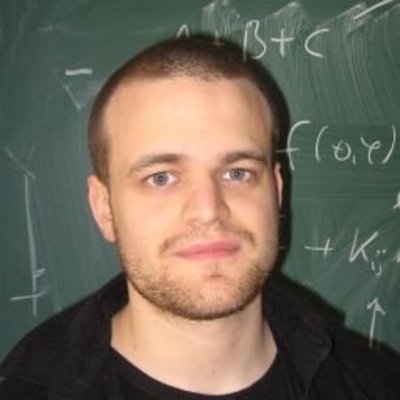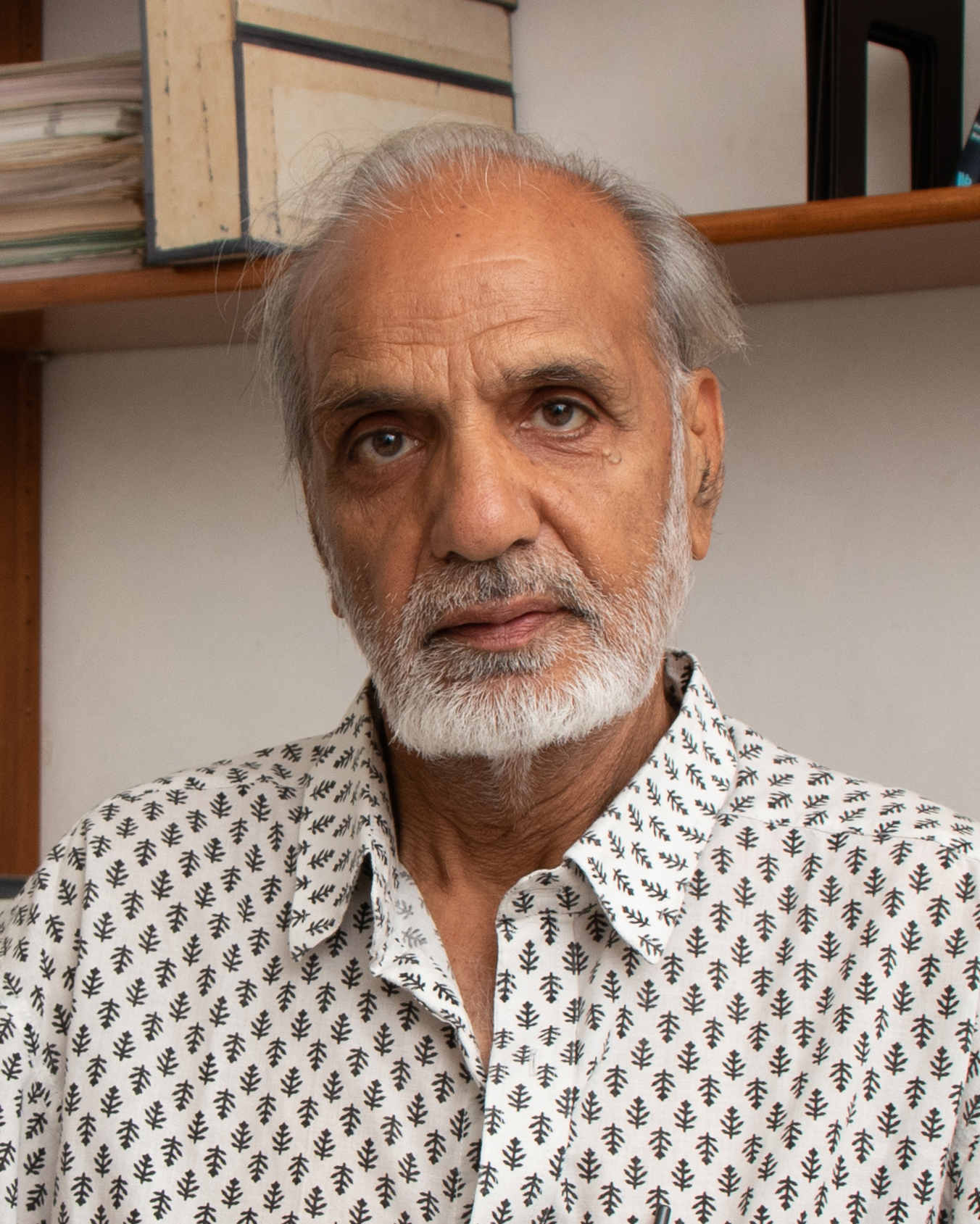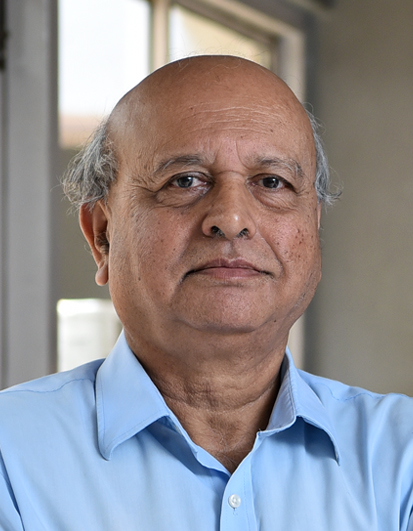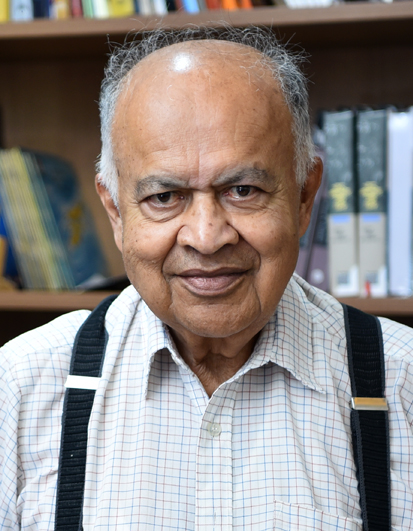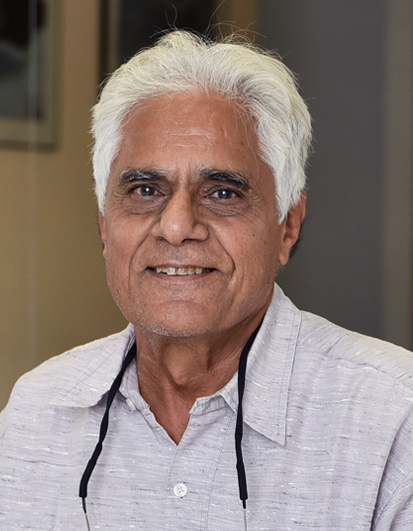English
Summary of Faculty research interests:
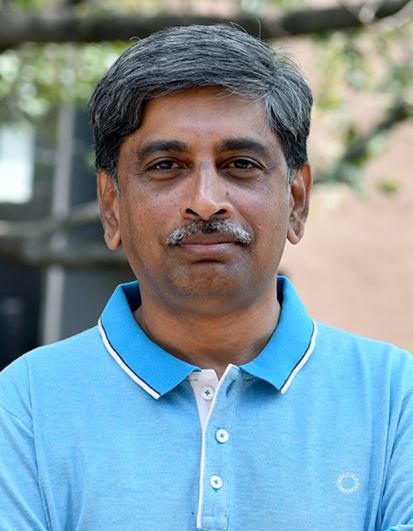 R. Srianand Director |
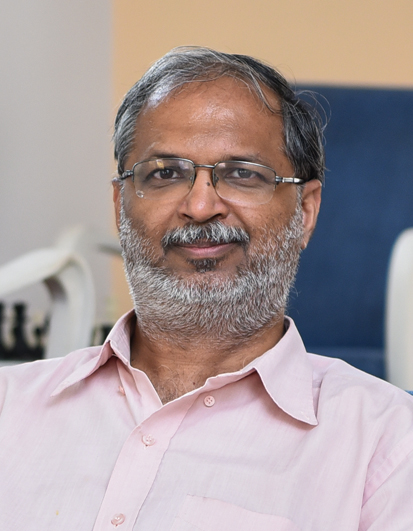 A. N. Ramaprakash Dean, Core Academic Programmes Senior Professor |
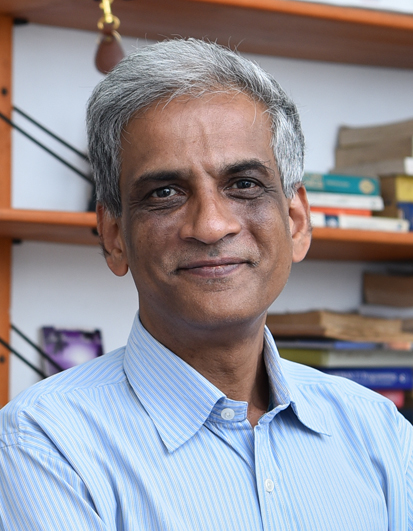 Ranjeev Misra Dean, Visitor Academic Programmes Senior Professor |
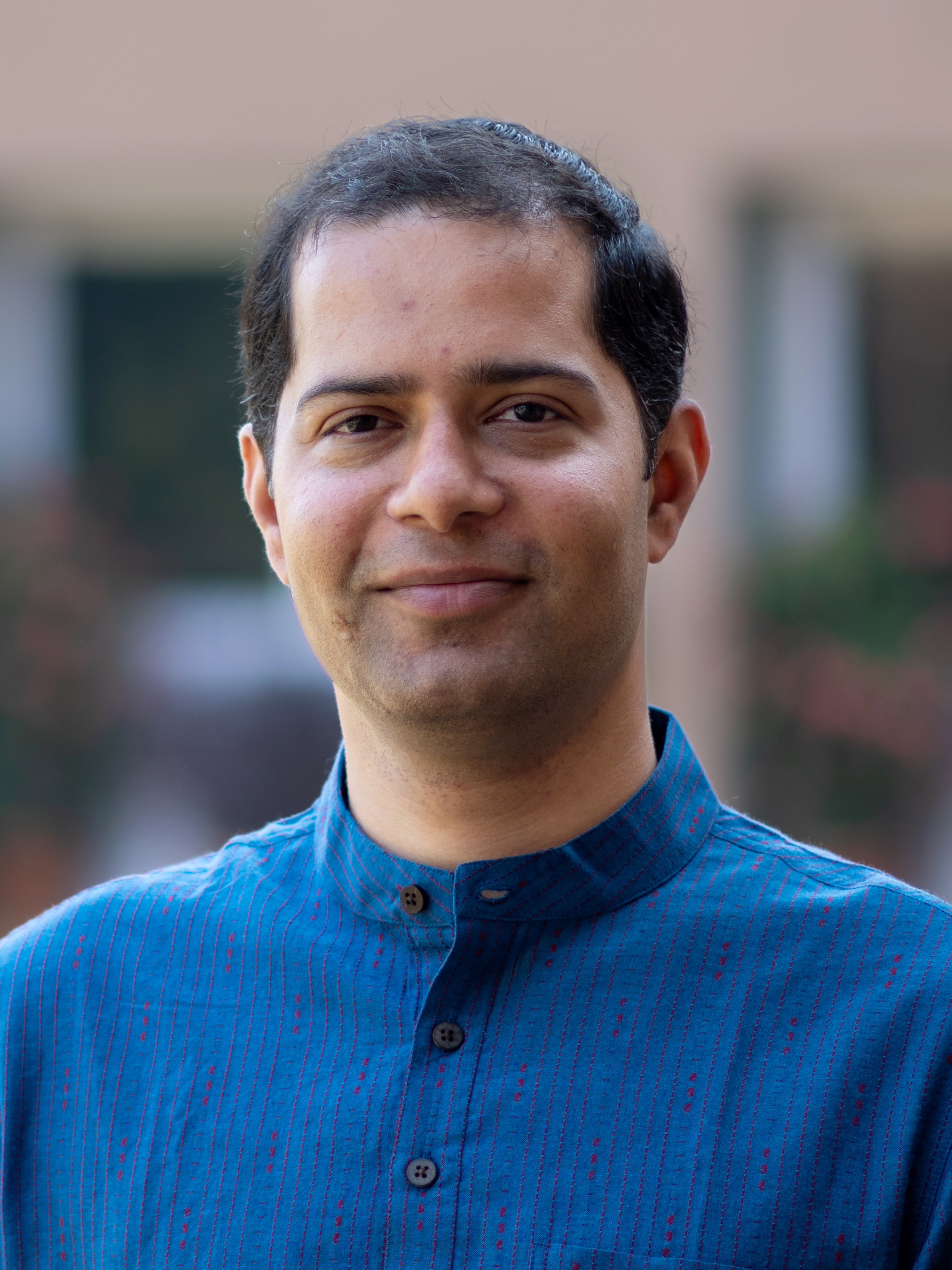 Anupam Bhardwaj Assistant Professor |
 Debarati Chatterjee Professor |
 Subhadeep De Professor |
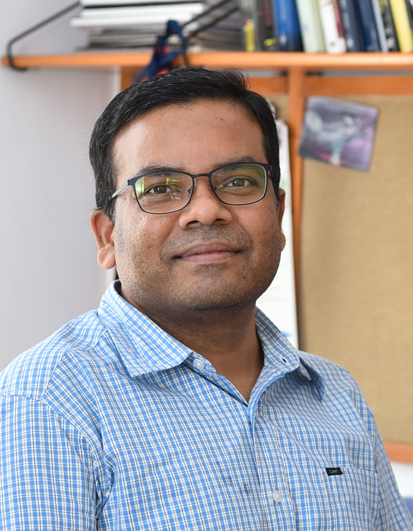 Gulab Chand Dewangan Senior Professor |
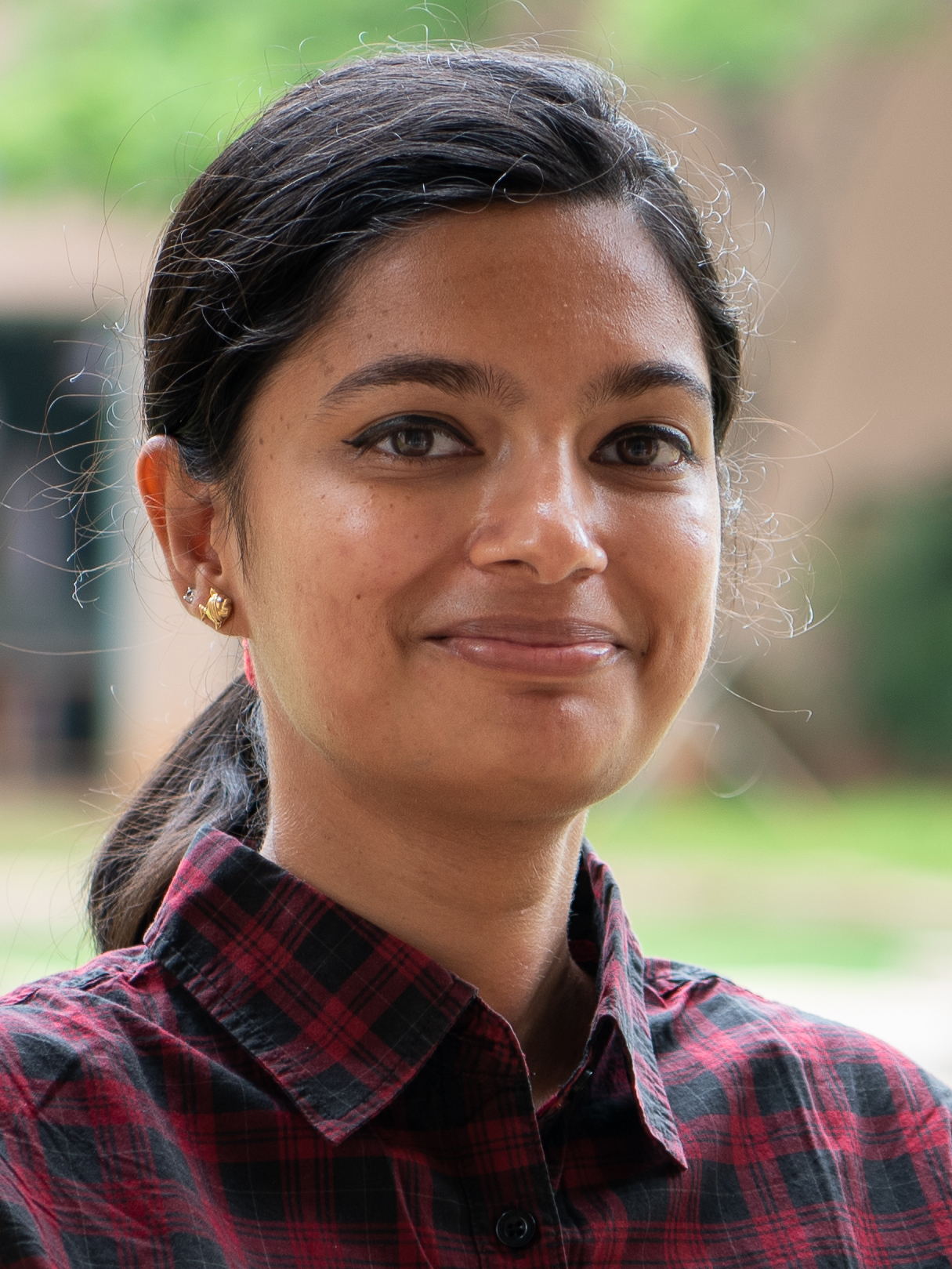 Rajeshwari Dutta Assistant Professor |
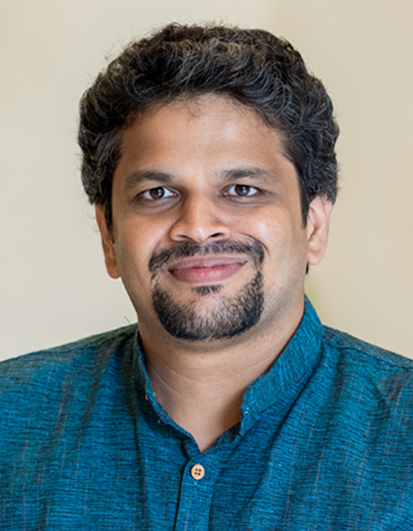 Bhooshan Gadre Assistant Professor |
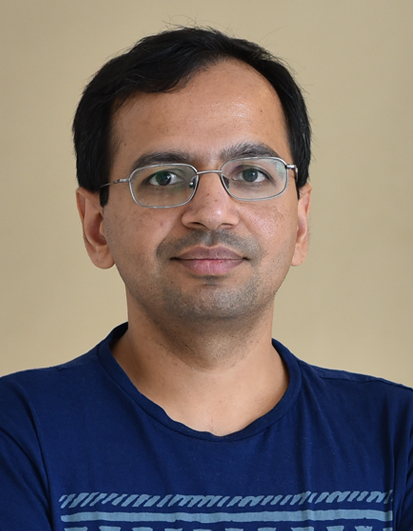 Neeraj Gupta Professor |
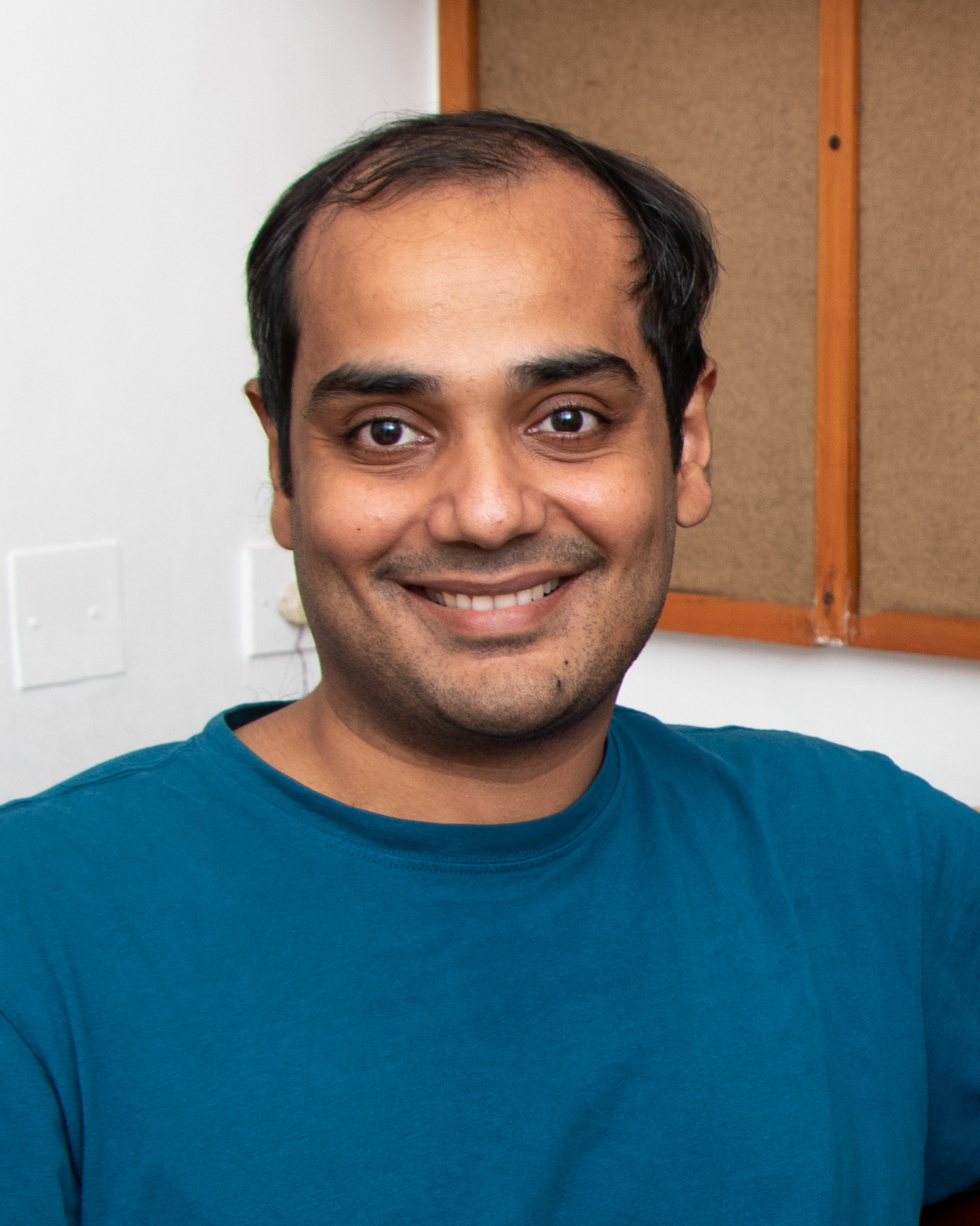 Shasvath Kapadia Associate Professor |
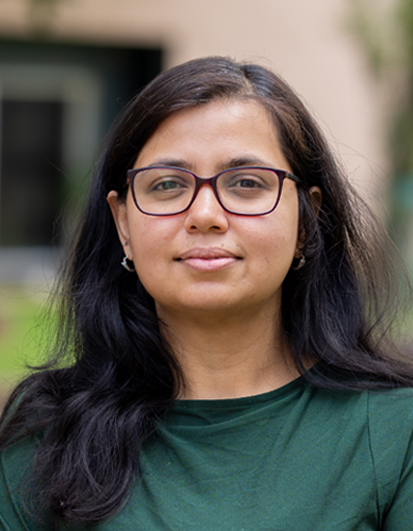 Chandreyee Maitra Associate Professor |
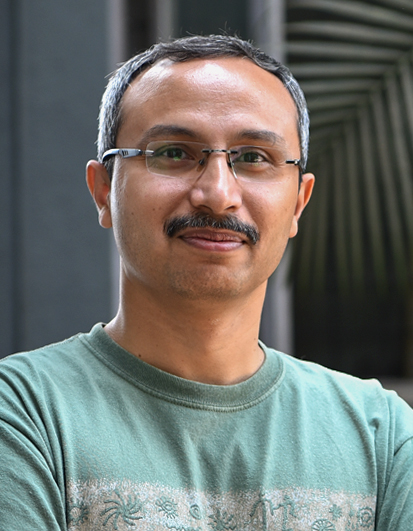 Sanjit Mitra Senior Professor |
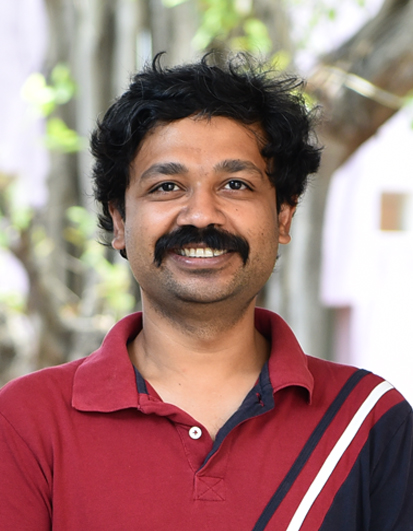 Surhud S More Professor |
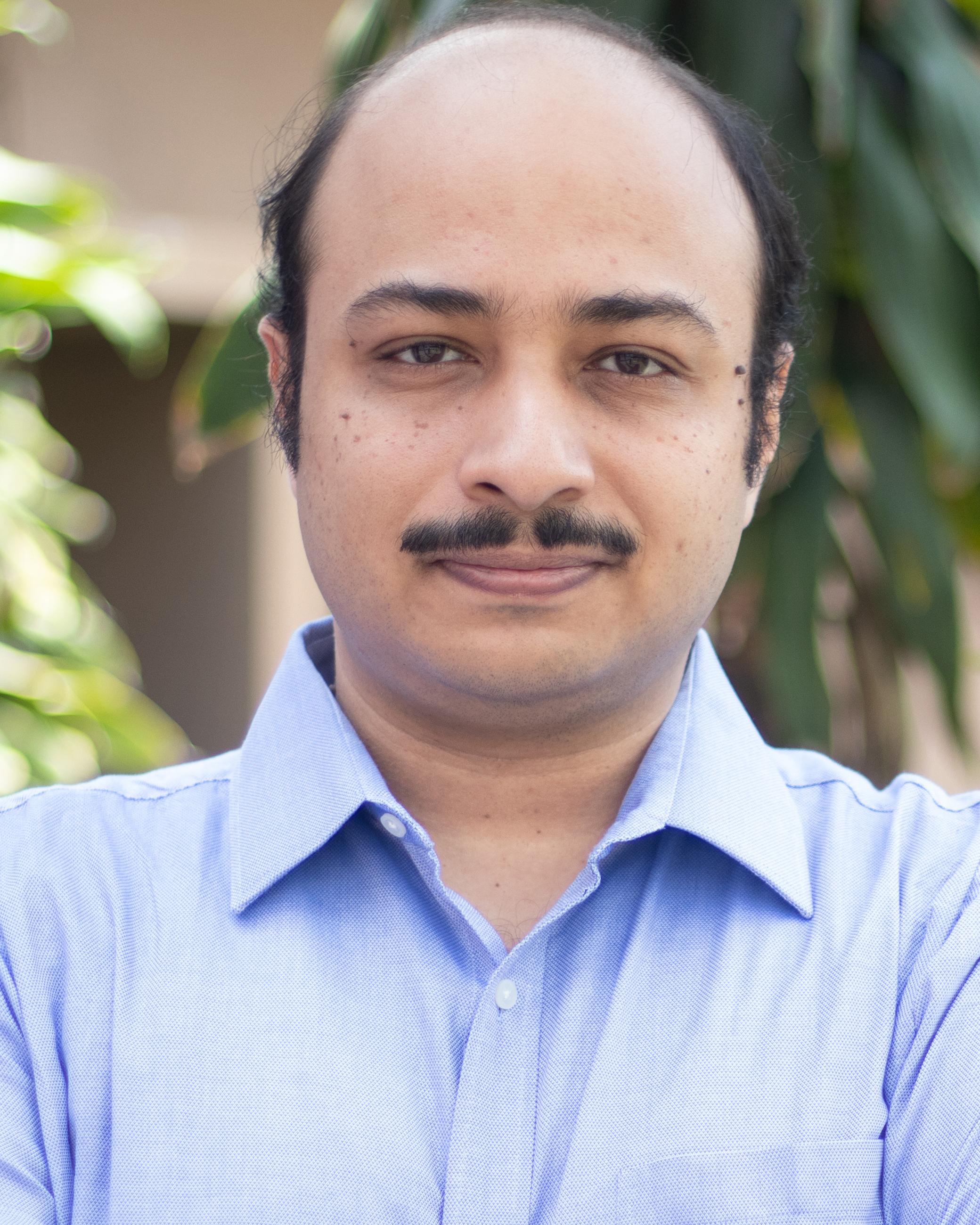 Dipanjan Mukherjee Associate Professor |
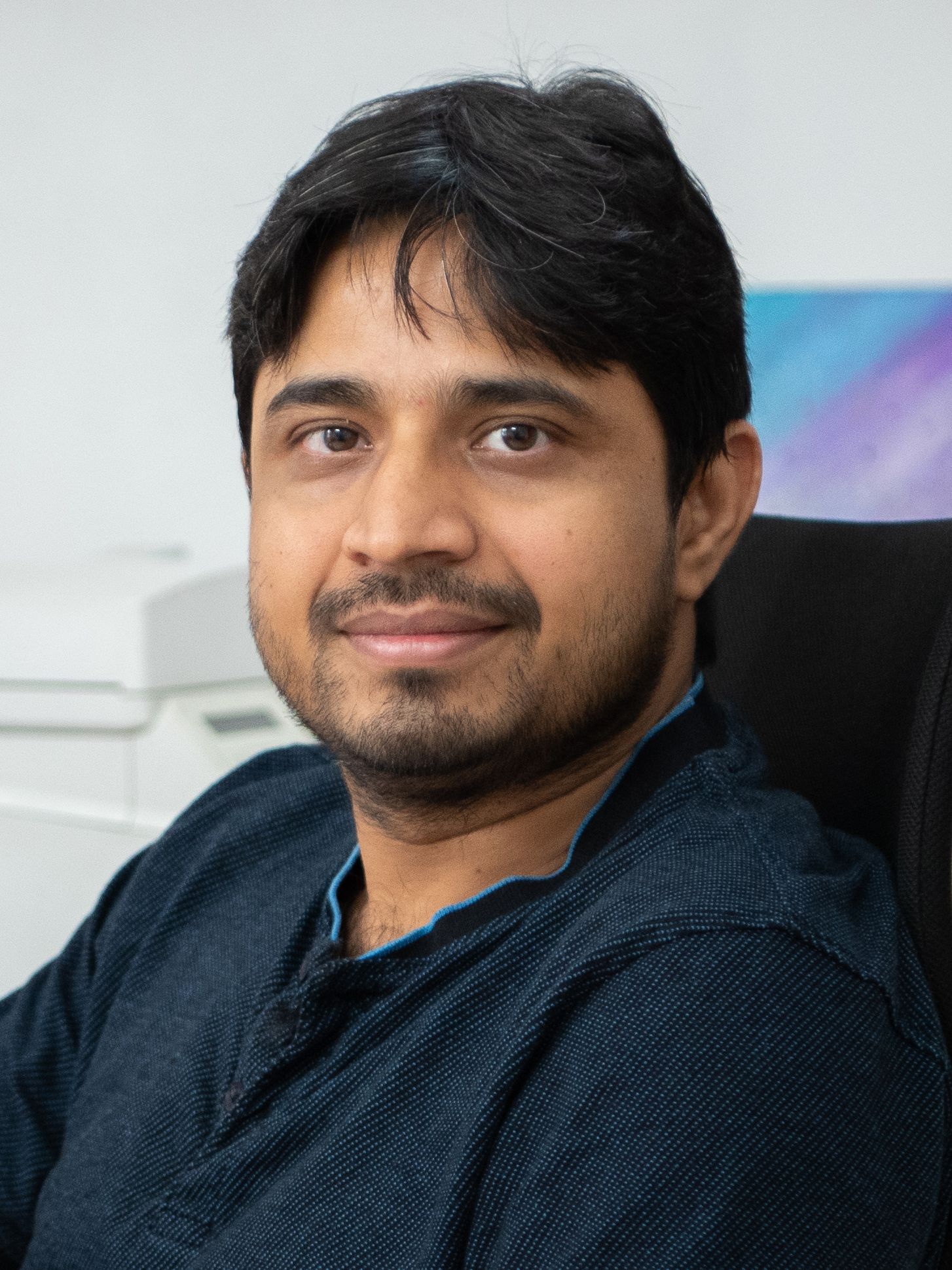 Sowgat Muzahid Associate Professor |
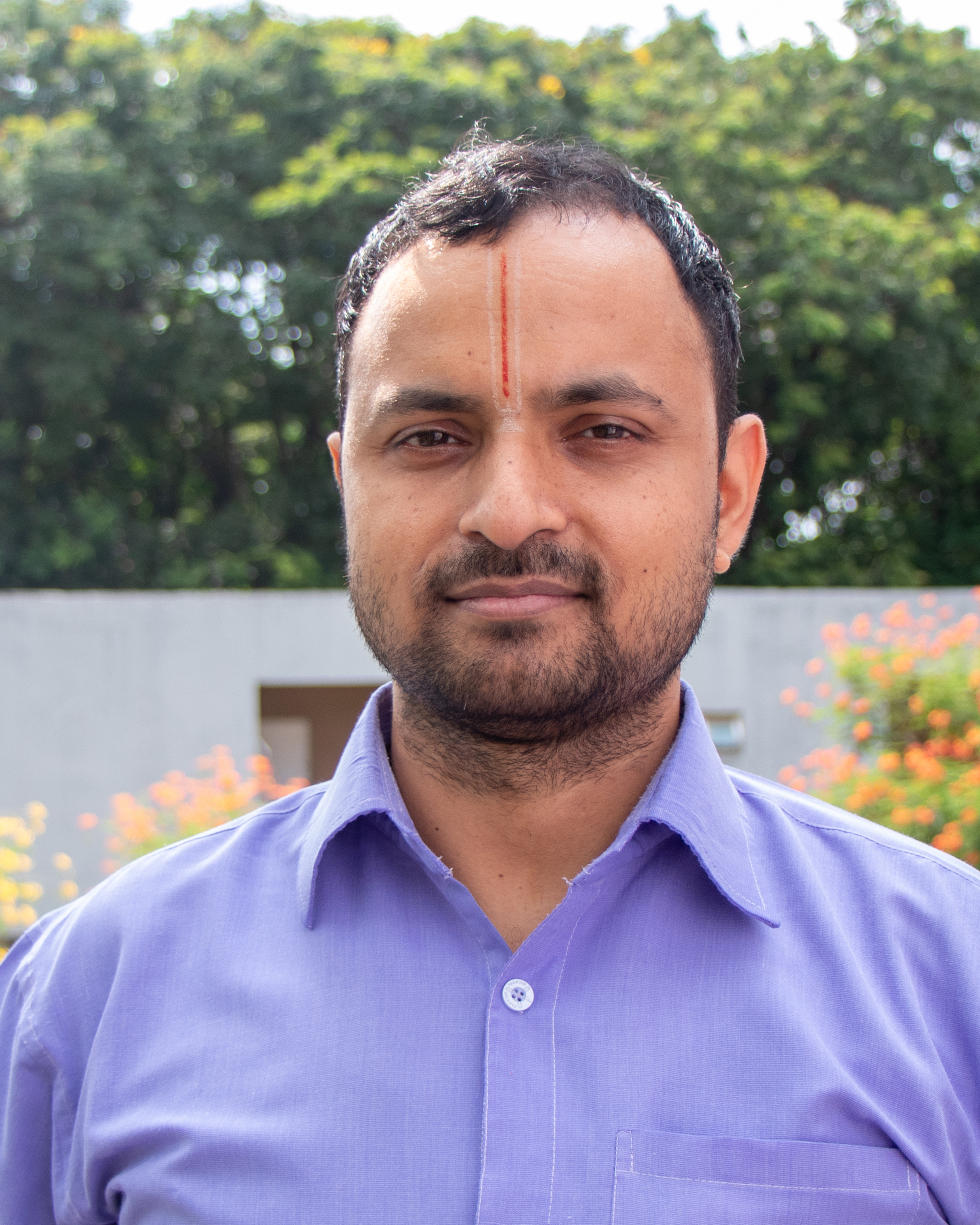 Vaidehi S. Paliya Associate Professor |
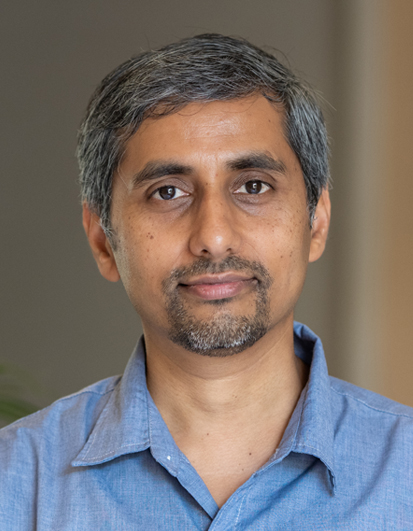 Deepak Pandey Associate Professor |
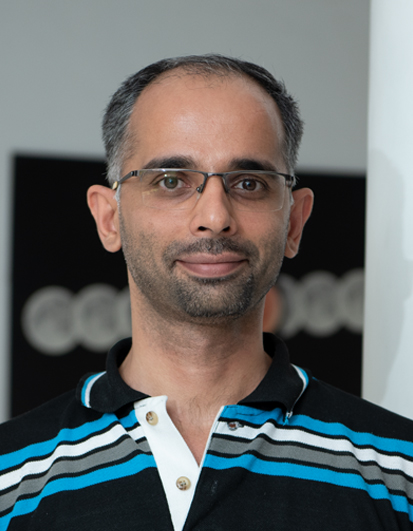 Aseem Paranjape Professor |
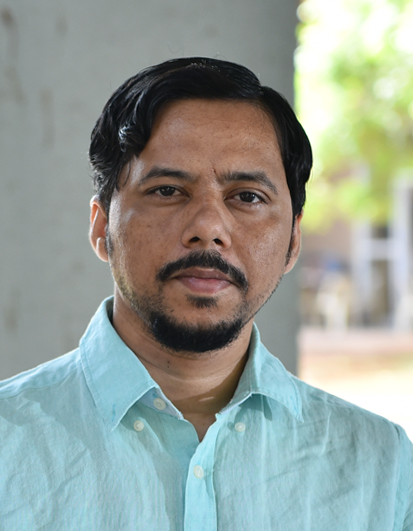 Kanak Saha Professor |
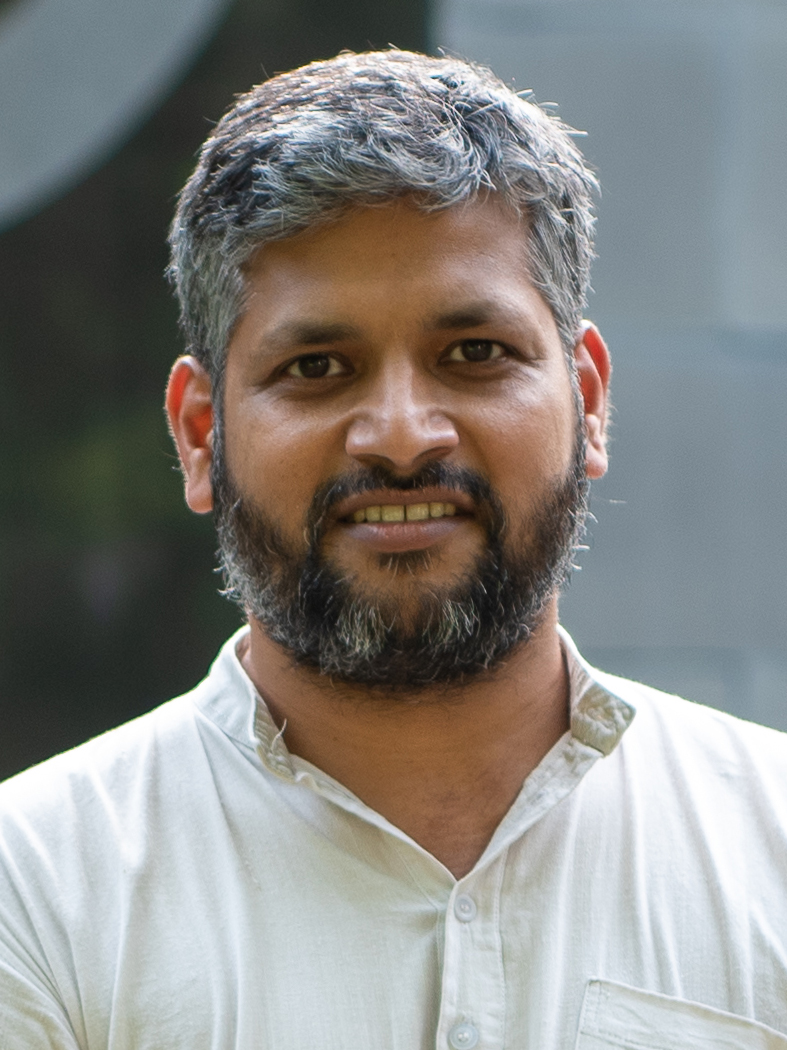 Nishant K. Singh Associate Professor |
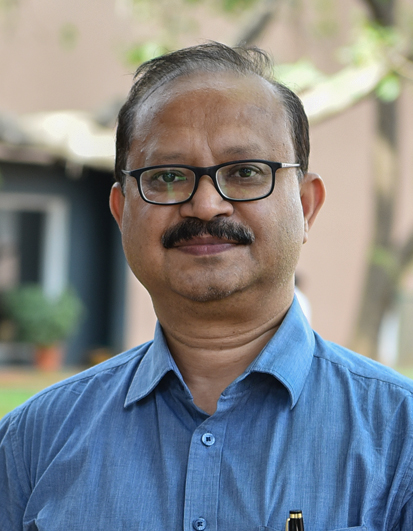 Tarun Souradeep Senior Professor (On Deputation Raman Research Institute) |
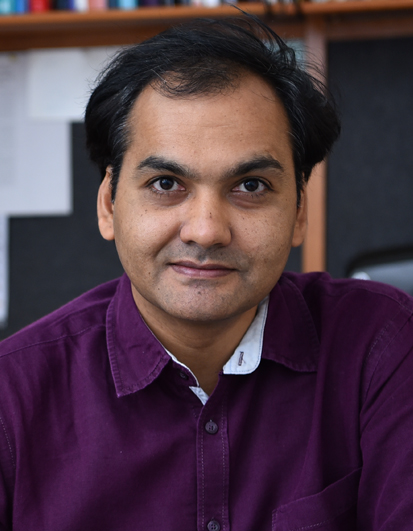 Durgesh Tripathi Senior Professor |

Adjunct Faculty:
 Jeremie Lasue Institut de Recherche en Astrophysique et Plantologie (IRAP), Toulouse, France |
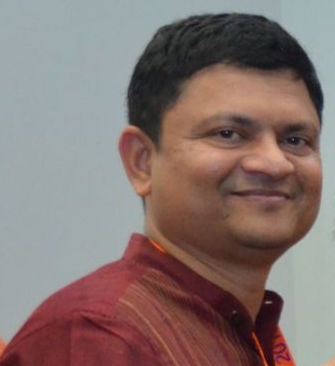 Ashish Mahabal California Institute of Technology (CALTECH), California, USA |
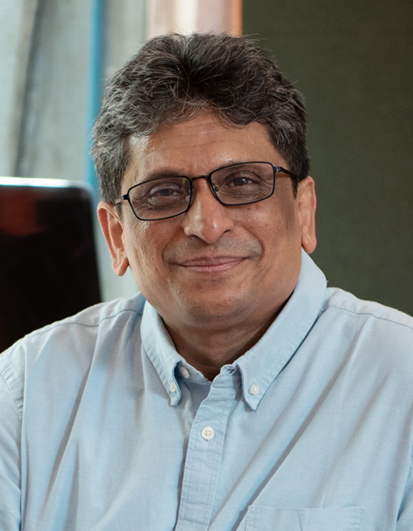 Somak Raychaudhury Vice-Chancellor, Ashoka University, India |

Emeritus Faculty:
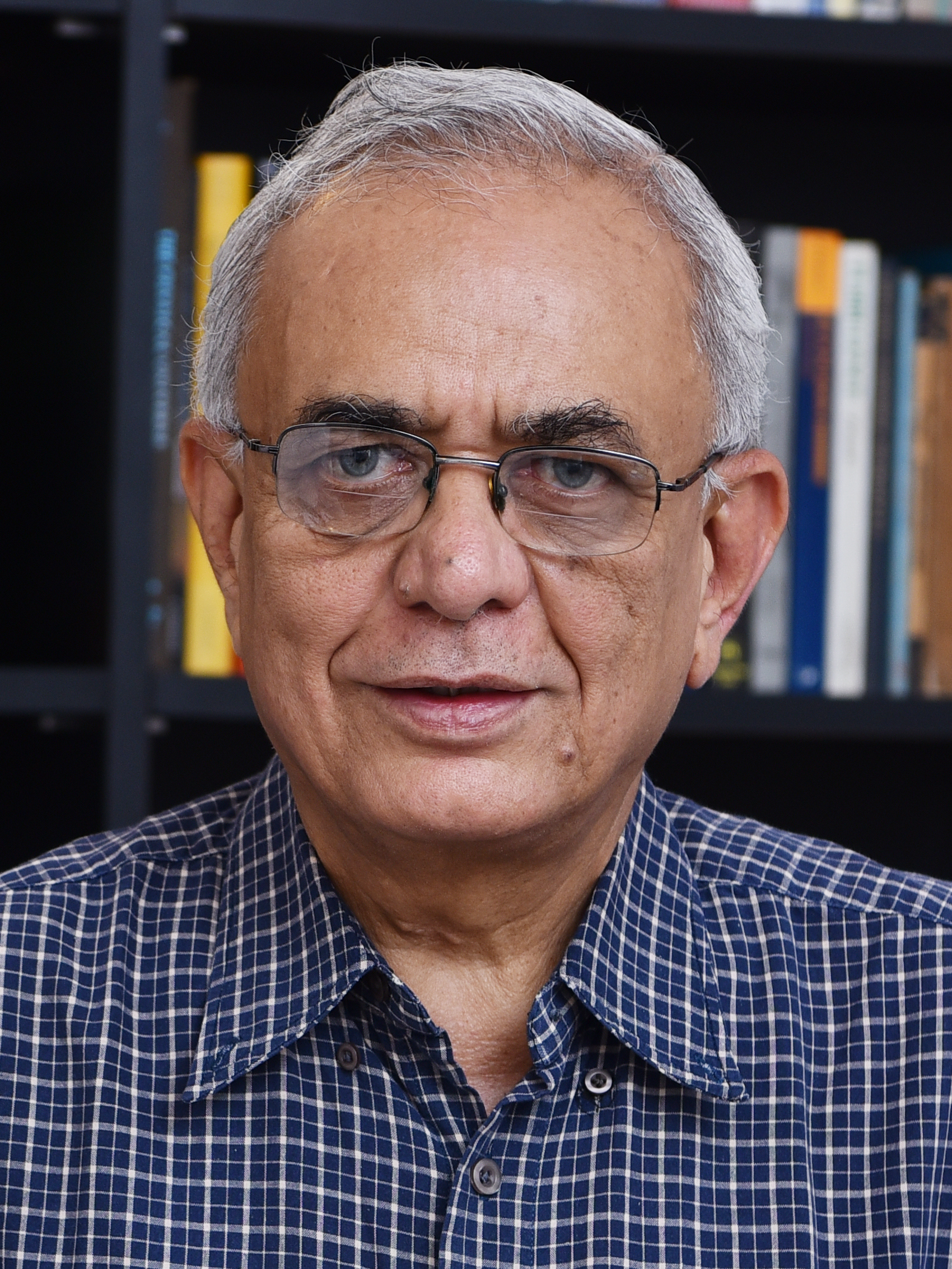 Ajit Kembhavi Emeritus Professor |
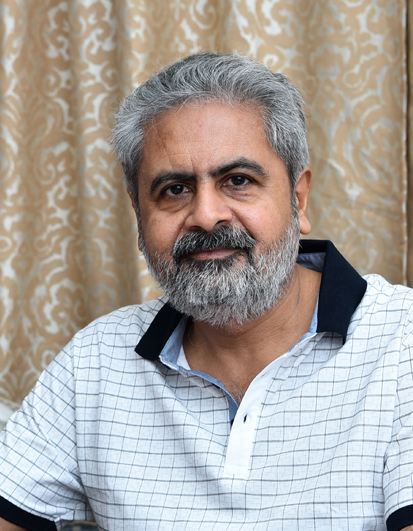 Varun Sahni Emeritus Professor |
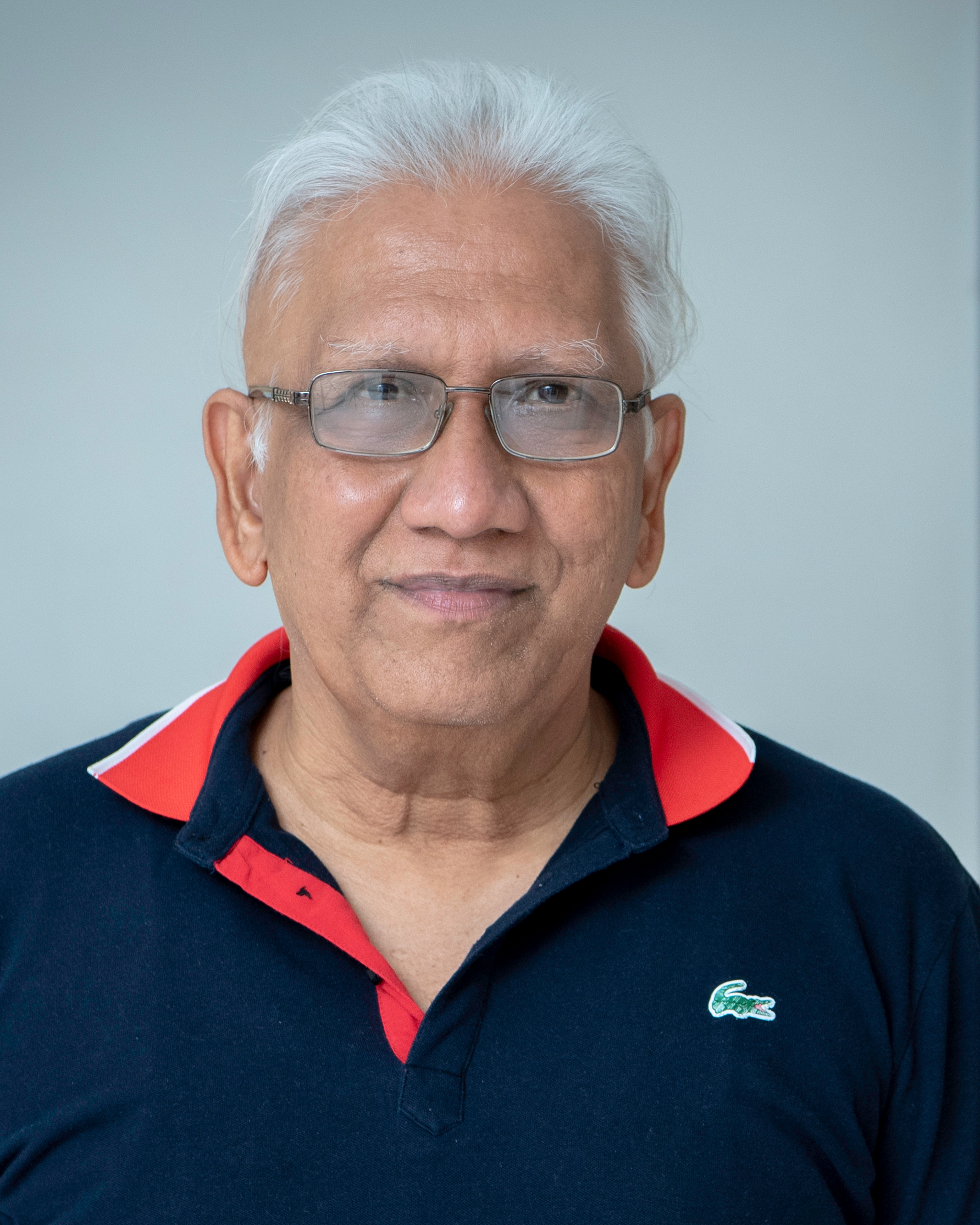 Kandaswamy Subramanian Emeritus Professor |
IUCAA Student Projects
IUCAA offers the opportunity for local students in the Pune area to work on projects of varying durations. Interested students are invited to contact faculty directly. Students outside Pune are encouraged to apply for the summer school programme or the vacation students' programme.
Limited number of students studying in B.Sc. / B.E. / B.Tech. / M.Sc. / M.E. / M.Tech. are admitted in IUCAA to do their projects in Astronomy and Astrophysics or related topics. These students should have thorough basics in Physics and Mathematics. Once they are admitted, they will be supervised and guided by one of the IUCAA faculty members. They may be asked to attend lectures and complete a few assignments. These projects may be for a short period of less than three months or long period of more than three months, but less than one year. The students have to be recommended by their supervisor/head of the department. They have to apply in plain papers, giving their complete curriculum vitae, and a short write up regarding their interest in the project.
For outstation and local candidates, the support (like travel, local hospitality, honorarium, etc.) to be given by IUCAA is to be decided.
At the end of the project, the students have to prepare a report and submit it to the IUCAA supervisor, which will be evaluated, and the outcome will be informed to their respective supervisor / head of the department.
Place your page Title here
Page title's second line will go here
Page 19 of 24



